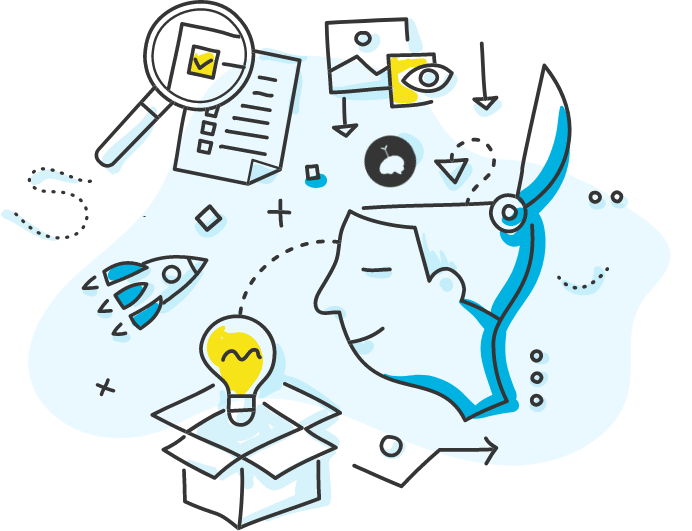Estimated Reading Time:2 minutes, 2s.
Podcast Length16 minutes, 33s (link to play podcast at bottom of post).

Research shows that the more unstructured a task is, the more likely you are to procrastinate on it. One of the best ways to combat this? Get other people to hold you accountable for getting your most aversive tasks and projects done.
In this week’s episode of Becoming Better, Ardyn and I chat about our favorite strategies for doing this. It’s a bite-sized episode this week, but in case you don’t have the time or the inclination to listen, here are three simple accountability strategies we chatted about!
1. Get a deadline. You should be able to feel deadlines approaching. There are a lot of productivity tactics and hacks out there—but hardly anything will make you as focused or productive as a fast-approaching deadline. If you don’t have a deadline for an unstructured project, get one. If a project is so big that you can’t feel the deadline for it approaching, ask for deadlines for major milestones with the project. However you can, however you need to, get a deadline. Tell someone about your deadlines, for added accountability.
2. For instant accountability, fire up Focusmate. Or as an alternative, work alongside someone who’s as focused as you desire to be. I’ve written about Focusmate quite a bit lately, for good reason: it’s a way to instantly hold yourself accountable for working on something you’re stuck on. The website works by teaming you up—via live video—with someone who also wants to focus on work for a 50-minute block of time. It’s one of the best productivity websites out there, and it allows you to instantly enter into hyperfocus mode.
3. Find an accountability partner. At the start of each week, my wife emails me the three main things she wants to accomplish in her research that week. And then, at the end of the week, she follows up on that email to tell me how things went. It’s a simple ritual that takes her just a few minutes, and it’s all the motivation she needs to actually get those things done. Find an accountability partner who you can update on your work each week; send them your intentions and goals, and check in with them when the week is done to tell them how it went.
With so many of us doing knowledge work for a living, our work is highly unstructured. These three simple tactics let you hold yourself accountable, and as a result, make you significantly more likely to get your work done.




